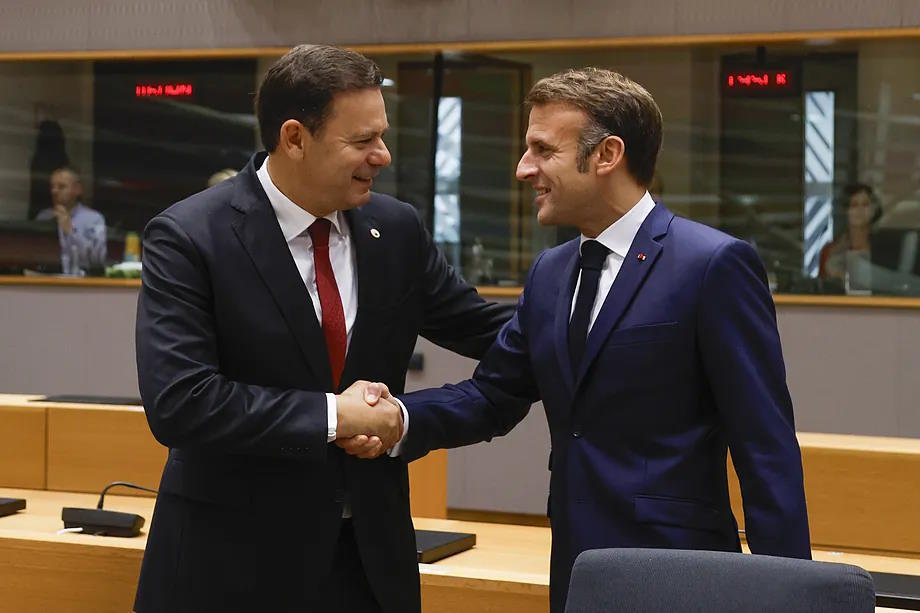The center-right Government of Portugal led by Luís Montenegro can breathe a sigh of relief. The Executive has just passed its second major test since taking office only six months ago. The leader of the Socialist Party (PS), Pedro Nuno Santos, announced tonight in a press conference that his party will abstain in the final vote on the State budget, which will take place at the end of November.
No one in the neighboring country wanted early elections to be called. The President of the Republic, Marcelo Rebelo de Sousa, pressured the PS to allow the budget approval. The main opposition party, which is only two seats behind the ruling coalition (78 to 80), faced the threat of new elections where it could lose its strong position in Parliament.
With the Socialist abstention, the Portuguese public accounts will be able to move forward in the Assembly of the Republic even if the rest of the parliamentary spectrum votes against. It is very likely that the far-right Chega party , with which Montenegro refused to negotiate, will now vote against.
In recent weeks, Montenegro had yielded to several of the PS's demands, especially by agreeing to a tax cut for young people and a reduction in the Corporate Tax . The PS was deeply divided between those advocating for rejecting the budget, including those closest to the party's general secretary, and those in favor of reaching an agreement to avoid being blamed for triggering early elections less than a year before the elections on March 10.
Pedro Nuno Santos's proposal will be presented to the National Political Commission of the PS and is expected to be approved. The Socialists' decision provides stability to Portugal for at least a year. Socialist sources told EL MUNDO that a negative vote would have suffocated the center-right Government too soon, right at the beginning of the term, especially since Montenegro had rejected forming a coalition with the far-right. Therefore, such rejection could have backfired on the PS.
Santos made it clear in his statement that abstaining in the budget vote is not a prelude to a stability agreement with the Government and that the main opposition party will continue to demand accountability from the Portuguese Executive. His goal now, just nine months after taking over the party leadership, is to prepare the PS to govern throughout the next year.
